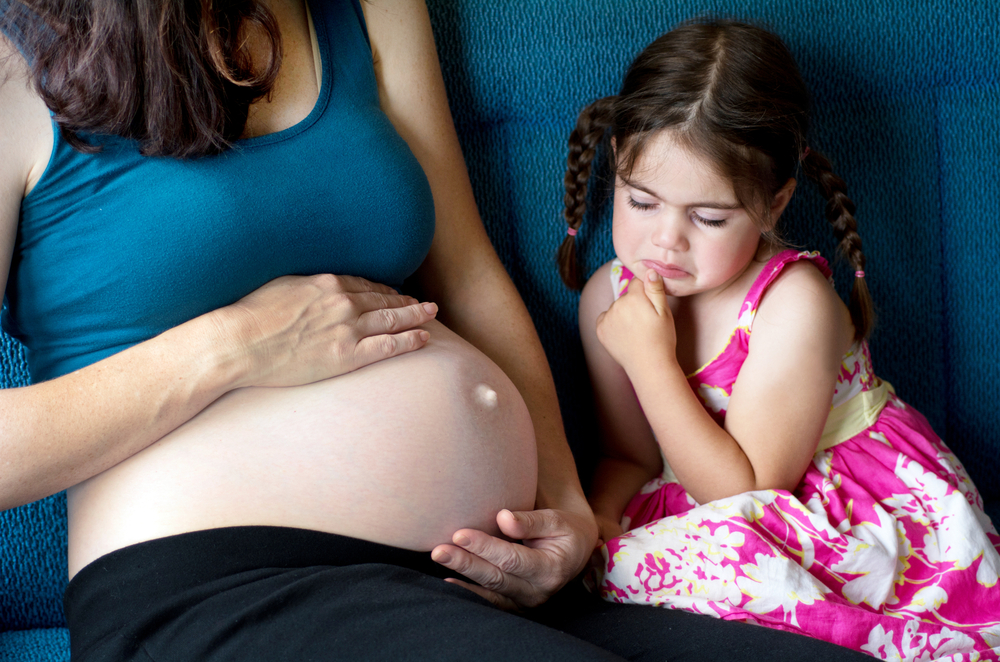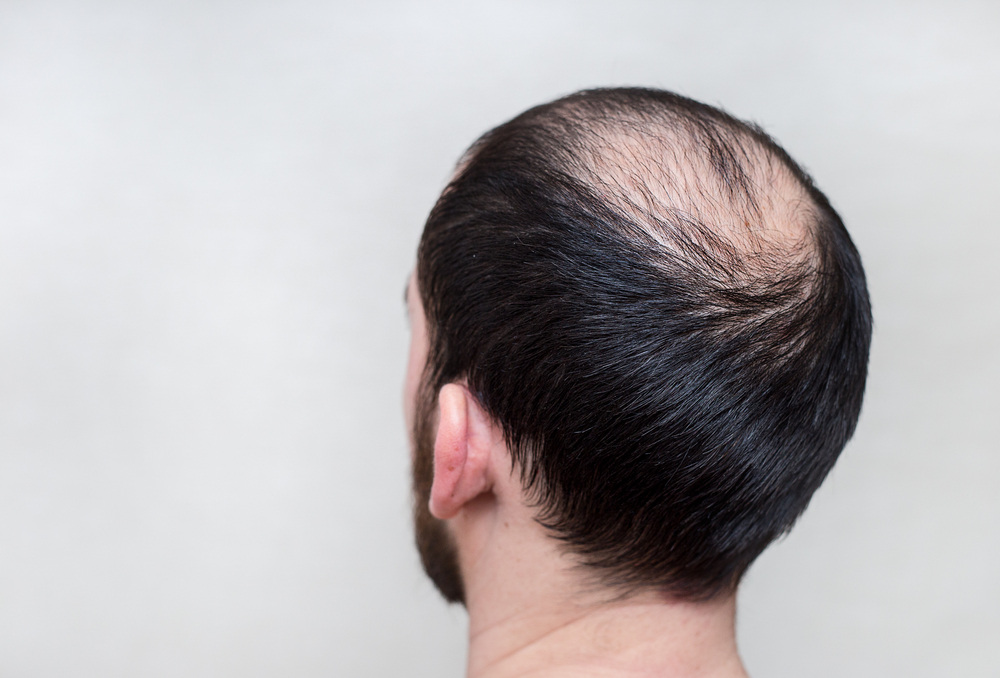Contents:
- Medical Video: Understanding Early Pregnancy Loss
- Causes of fatigue during pregnancy
- Could fatigue cause a miscarriage?
- How to overcome fatigue during pregnancy?
- Recognize your body's signals
- Manage your schedule
- Make sure you get enough food
- Make sure you are well hydrated
- Do light exercise regularly
- Keep happy
Medical Video: Understanding Early Pregnancy Loss
Miscarriage is a nightmare for every pregnant woman. The baby that has been waiting for turns out to be unable to survive, and the mother's hopes just disappear. Most mothers blame themselves because they have a miscarriage. Mother immediately connects it with the activities she usually does. Some people usually consider a miscarriage to occur due to fatigue. However, is it true that fatigue can cause miscarriages?
Causes of fatigue during pregnancy
Fatigue is common during the first trimester of pregnancy and can continue until the end of pregnancy. Some women can feel fatigue during pregnancy, some may feel normal during pregnancy. This impact varies for each pregnant woman.
No one knows for sure what causes fatigue during pregnancy. Some associate it with hormonal changes that occur in the body of the mother during pregnancy. Indeed, there is a very high increase in the level of the hormone progesterone during pregnancy. These hormonal changes can make you feel tired, nauseous, and more emotional. Some are also associated with a pregnant night's sleep that feels uncomfortable, so the next day pregnant women look very tired.
Nausea and vomiting felt during pregnancy may also be the cause of fatigue during pregnancy because energy can be wasted when pregnant women experience this. The anxiety you feel during pregnancy can also cause you to become tired. Indeed, sometimes thoughts can affect our bodies. Fatigue that is felt during pregnancy can also be caused because you experience iron deficiency anemia. Tiredness that occurs at the end of pregnancy, may be caused by the increase in your stomach size and your weight gain.
Could fatigue cause a miscarriage?
Miscarriage can be caused by various things. Sometimes, a miscarriage can be experienced without knowing what caused it. Some people associate miscarriage with fatigue, because they see activities carried out by heavy pregnant women. But, this could only be a mere assumption, not fatigue that really was the cause.
As has been proven in a study published by the journal BJOG: An International Journal of Obstetrics and Gynecology in 2007. The study involving 92671 women showed that heavy exercise performed by pregnant women before gestational age reaching 18 weeks can increase the risk of miscarriage. Pregnant women who carry out strenuous activities intensively are 3.5 times more likely to experience a miscarriage than pregnant women who do not carry out strenuous activities at all.
The study found an association between exercise and miscarriage, but could not prove that exercise can cause miscarriages. Exercise alone is actually recommended when you are pregnant so that your body stays fit and gives you peace. However, the recommended exercise to do is to exercise lightly, such as walking or relaxing biking.
So, fatigue caused by exercise or doing other strenuous activities has not been proven to cause miscarriage in pregnant women. The mother's own body has a special mechanism to protect the fetus in the womb. Fatigue due to strenuous activities may increase the risk of miscarriage, but it can indirectly cause miscarriages alone (there are many other factors).
Fatigue is something that is common in pregnant women, but still must be careful when doing activities. Do not let you experience excessive fatigue and make yourself at risk of miscarriage. Make sure you get enough rest while pregnant.
How to overcome fatigue during pregnancy?
There are several ways you can reduce your fatigue during pregnancy, namely:
Recognize your body's signals
You have to recognize the signs if your body feels tired. You can go to bed early if you feel tired. Also, take your nap because it really helps reduce your fatigue during the day when you work. Just napping for 15 minutes is enough to make your fatigue disappear a little.
Manage your schedule
We recommend that you arrange your schedule well. Even though you are a housewife, having your daily activity schedule can make your life more organized, so you avoid excessive fatigue.
Make sure you get enough food
Yes, proper food intake during pregnancy is needed. In addition to the growth and development of the fetus in the womb, it is also beneficial for you. You need an additional calorie of around 300 calories or more per day when you are pregnant. Make sure every day you get vegetables, fruits, nuts or seeds, milk, and lean meat.
Make sure you are well hydrated
"If you have eaten, don't forget to drink", so the sentence is simple. Make sure you get a minimum fluid intake of 8-10 glasses per day. In addition, avoid drinks that contain caffeine, such as coffee, tea, and soft drinks. This will make you more often expel fluid in the body. If you urinate frequently at night, limit your fluid intake several hours before going to bed.
Do light exercise regularly
Heavy exercise may increase your risk of having a miscarriage, but light exercise turns out you need it during pregnancy. Exercise can make you more calm, make you sleep better, and can also make it easier for you to deliver because it can strengthen your muscles. At least, do light exercise for 20-30 minutes per day.
Keep happy
Do not let fatigue make your pregnancy something unpleasant. Believe me, fatigue will disappear in the second trimester. Take vacation time to make your heart more happy and calm mind.
READ ALSO
- Knowing the Causes and Signs of Miscarriage
- What Is Miscarriage Secretly?
- Repetitive Miscarriage: What are the Causes and How to Overcome It?












